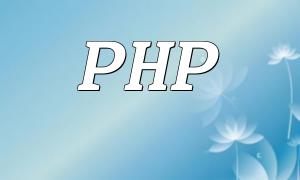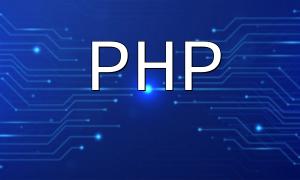In modern web application development, PHP frameworks are widely used to boost development efficiency and code quality. However, ongoing upgrades of these frameworks are not just about new features—they are crucial for mitigating security risks. Ignoring updates can expose applications to various security threats. This article explains how PHP framework updates influence security and offers guidance on managing version upgrades effectively.
All software inevitably has vulnerabilities, and PHP frameworks are no exception. As technology advances, security experts continuously identify and fix security flaws within frameworks. Staying up to date with framework versions ensures your applications receive the latest security patches and technical improvements, reducing the risk of attacks.
New versions of PHP frameworks typically include fixes for known vulnerabilities. For example, a Laravel update might patch an SQL injection vulnerability, while a Symfony release might strengthen the security of certain components. Applying these patches helps developers prevent attackers from exploiting known weaknesses in older versions.
Beyond fixing vulnerabilities, updates often introduce new security features, such as advanced authentication methods, multi-factor authentication, or stronger encryption algorithms. These enhancements not only bolster security defenses but also improve user experience. Paying attention to these new features helps developers build safer and more reliable applications.
Failing to update PHP frameworks exposes applications to significant security risks. Although some developers worry about compatibility or stability issues after upgrades, the dangers posed by unpatched vulnerabilities are usually far greater.
Using outdated framework versions means your application remains exposed to known security flaws. For instance, an unpatched Laravel version might suffer from cross-site request forgery (CSRF) vulnerabilities, providing an entry point for attackers. Timely updates are an effective way to mitigate such risks.
With regulations like GDPR and PCI DSS enforcing data protection standards, using outdated frameworks can lead to compliance violations. Non-compliance can result in hefty fines and damage to a company’s reputation. Keeping frameworks updated helps businesses meet security standards and protect their interests.
To ensure PHP framework security, development teams should establish robust version management practices. Here are practical tips for efficiently managing updates.
Developers should regularly check official framework websites and community forums to stay informed about new releases and security advisories, ensuring critical patches and enhancements are not missed.
Before deploying updates to production, validate new versions in a testing environment to ensure compatibility and stability. Running comprehensive unit and integration tests helps prevent functionality issues caused by upgrades. Example test command:
// Run tests
php artisan test
Perform full backups of code and databases before updating, so you can quickly revert to a stable state if problems arise. Using version control systems like Git simplifies rolling back to previous stable versions.
PHP framework version updates play a vital role in enhancing application security. From patching vulnerabilities to adding new security features, each update significantly reduces potential risks. Developers should implement systematic update management, regularly review versions, thoroughly test, and maintain backups to ensure application safety and stability. Keeping abreast of framework security developments helps create a secure and reliable web environment that benefits both businesses and users long-term.









